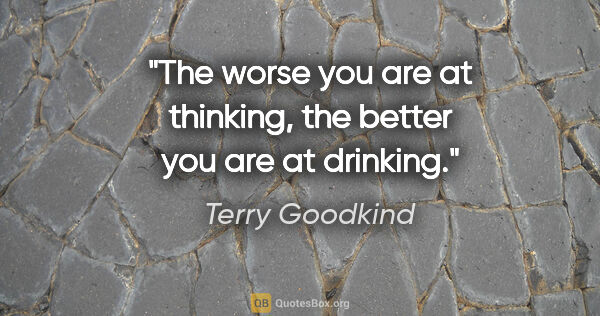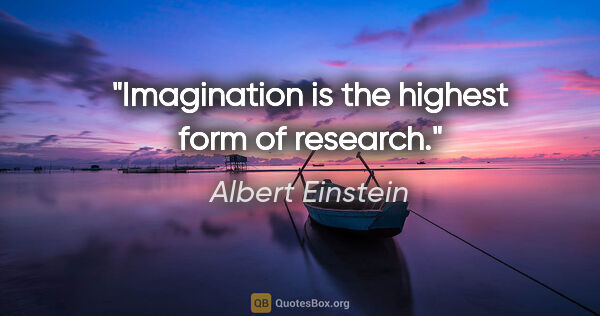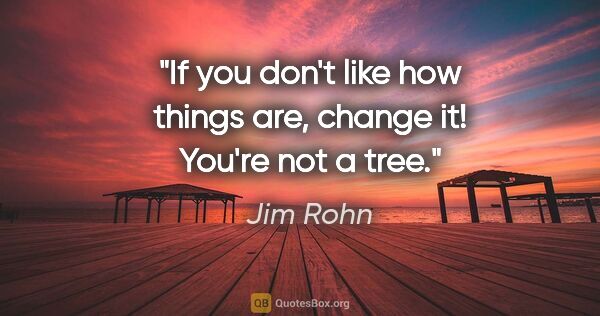I don't think science is hard to teach because humans aren't ready for it, or because it arose only through a fluke, or because, by and large, we don't have the brainpower to grapple with it. Instead, the enormous zest for science that I see in first-graders and the lesson from the remnant hunter-gatherers both speak eloquently: A proclivity for science is embedded deeply within us, in all times, places, and cultures. It has been the means for our survival. It is our birthright. When, through indifference, inattention, incompetence, or fear of skepticism, we discourage children from science, we are disenfranchising them, taking from them the tools needed to manage their future.
Carl SaganAbout author
- Author's profession: Scientist, Physicist
- Nationality: american
- Born: November 9, 1934
- Died: December 20, 1996
Related Authors
Topics
Quotes currently Trending
the bombers of Manhattan represent fascism with an Islamic face. . . . What they abominate about ‘the West,’ to put it in a phrase, is not what Western liberals don’t like and can’t defend about their own system, but what they do like about it and must defend: its emancipated women, its scientific inquiry, its separation of religion from the state. Loose talk about chickens coming home to roost is the moral equivalent of the hateful garbage emitted by Falwell and Robertson.
Christopher Hitchens






